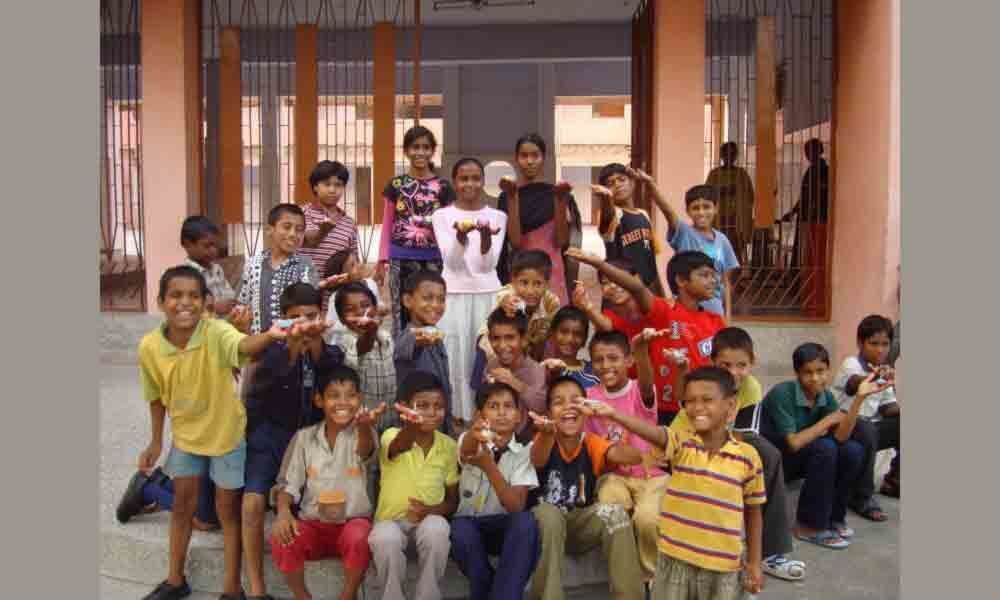Good care at school, home can alter bullying nature in kids: Study

Researchers have found that students who feel a greater sense of belonging with their peers, family and school community are less likely to become bullies.
Researchers have found that students who feel a greater sense of belonging with their peers, family and school community are less likely to become bullies.
The findings, published in the journal Educational & Child Psychology, suggest that parents and teachers should consider ways to create a supportive and accepting environment both at home and at school.
"What we have found is that students' perceptions of how supportive and accepting their school environment is has the power to alter bullying behaviour. This means that even acts of simple compassion and efforts to create an accepting and supportive space for students can help prevent bullying in schools," said Chad Rose, Associate Professor at the University of Missouri.
For the study, researchers analysed survey responses from more than 900 middle school students from rural schools throughout the US. The survey addressed their sense of belonging among peers, family and school community as well as bullying behaviour. For example, they were asked if they upset others for the fun of it or if they spread rumours.
The results indicate that the more a student feels like they belong among their peers and family, the more likely they will feel like they belong at school. In addition, the more they feel like they belong within their school community, the less likely they were to report bullying behaviour. This indicates that parents might be able to play a proactive role in increasing their child's sense of belonging at school by focusing on improving family belongingness. "If you have children with varying interests, it might be beneficial to suggest the whole family get together to attend each other's events and activities, even if it does not please the whole crowd every time," said Christopher Slaten, Associate Professor at the University of Missouri.
The study suggests that one of the ways parents can increase a child's sense of family belonging is to organise activities that cater to every child's interests.










